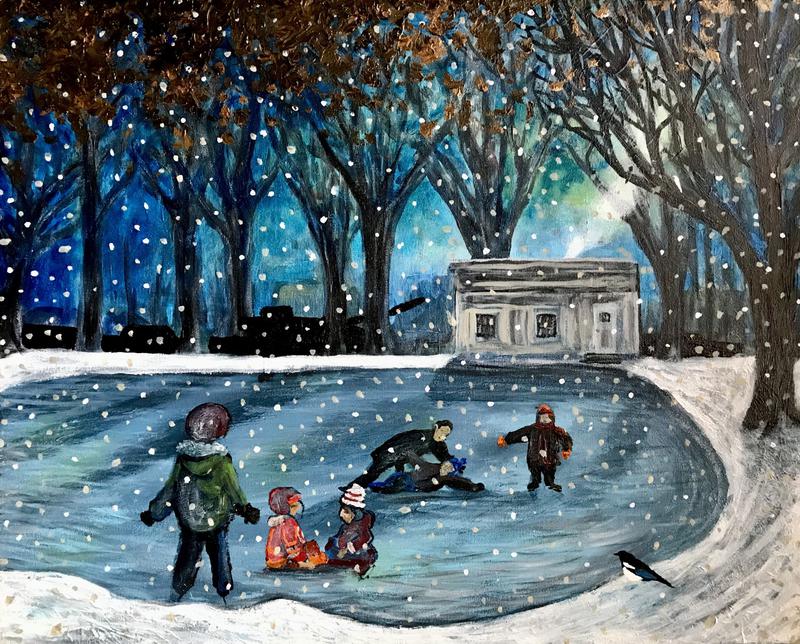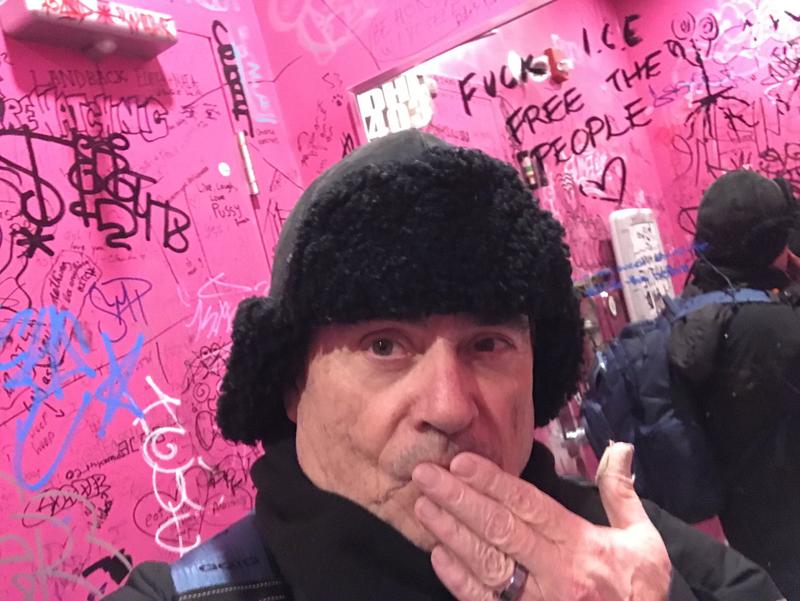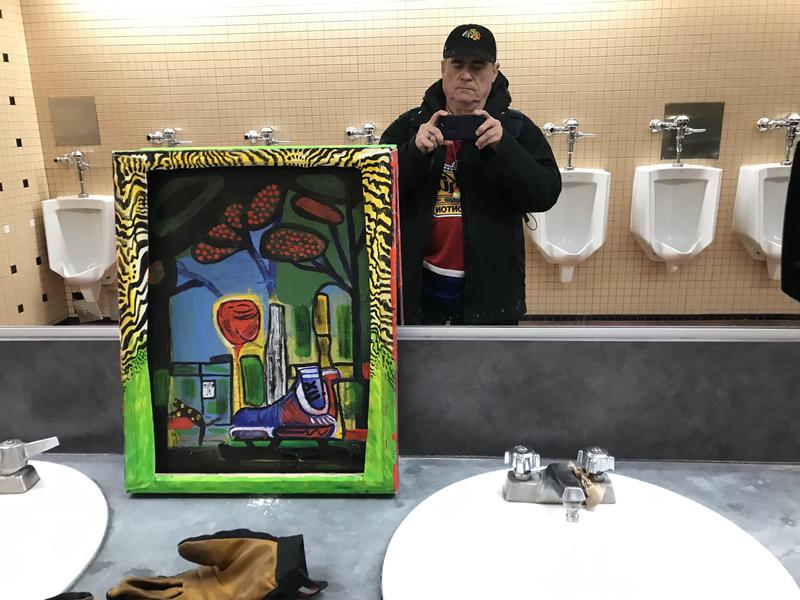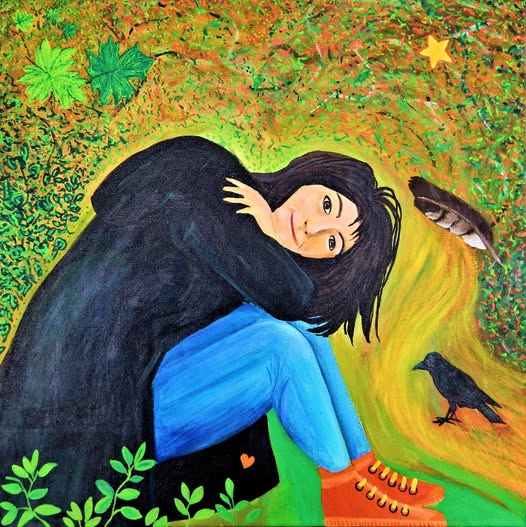🍁US,🎨 Pop Pop Dazzled by Every Day and Abstracts of Light and Shadows presents a découpé visual narrative cut-up on YouTube(s). A look into the past to glimpse the future unknown. I’ve interlaced recent and archived citizen-free news stories with layered sounds and visuals. This process births a new art form, crafting fresh narrative through the cut-up technique. Continued
Homme Made - Dundee Law
Alberta, indoor🎨Outdoor Painting
XYZ... Art is Freedom
Pop Popeop poPe
by Everyday. XLife, I ran...
2019, MCA, Virgil Abloh, Figures of Speech. University of Alberta, Arts Department, Wash Room, 2026
Dennis Edney T R I B U T E
2016, Fire and Rain Art Project, 2026
My first outdoor painting began on a balmy January 0 °C Sunday afternoon beside the skater‑packed ice rink at City Hall. I laid down the first acrylic layer on a canvas meant to evoke a wildfire once completed—a practice piece for my Fire and Rain project, which turned both my news camera focus and easel and canvases toward Alberta’s yearly wildfires and floods.
A fire pit crackled close enough to warm my hands, while inside Edmonton City Hall a live swing band played some of my favourite movie tunes. Their music spilled outside through loudspeakers surrounding the rink, mixing with the urban scrape of skaters and the winter air as I worked. I loved the joy of painting outdoors—surrounded by community, listening to skates carving ice, laughter drifting across the downtown plaza.
By the same rink twelve months later, I would complete the project producing twenty‑five paintings during 160 outdoor art shows, surviving three Alberta Government bans from me showing my art on crown land and one threat of police action by the City of Edmonton on New Years Eve, for featuring "The Great Escape from Fort McMurray" next to the same ice rink.
2017, Jodie Smiles
Not a Bystander Art Project
My painting journey stretches from the fall of 2013 to the present year of 2026, but 2016 remains the year everything ignited. That was the year painting became my form of free press—twelve months when I carried a canvas and paintbrush the way a reporter labours with a notepad and pencil, listening to the city and documenting it in real time. What followed from 2017 to 2019 was the turbulence after the spark: Trouble maker the coming storm (YouTube). I pushed harder, painted louder, and tested the limits of what a citizen‑artist could say in public. By the time the midpoint of this arc arrived in late 2019, the raw urgency of 2016 had evolved into a more diplomatic, awareness‑driven voice. The sparks of those early social‑art experiments had matured into a steadier practice of storytelling and listening. 2016 wasn’t the center of the journey—it was the ignition point, the year that propelled me to where I am today with purpose, and a clearer sense of my participating in democracy, and practice of free press, and creativity in the arts.




